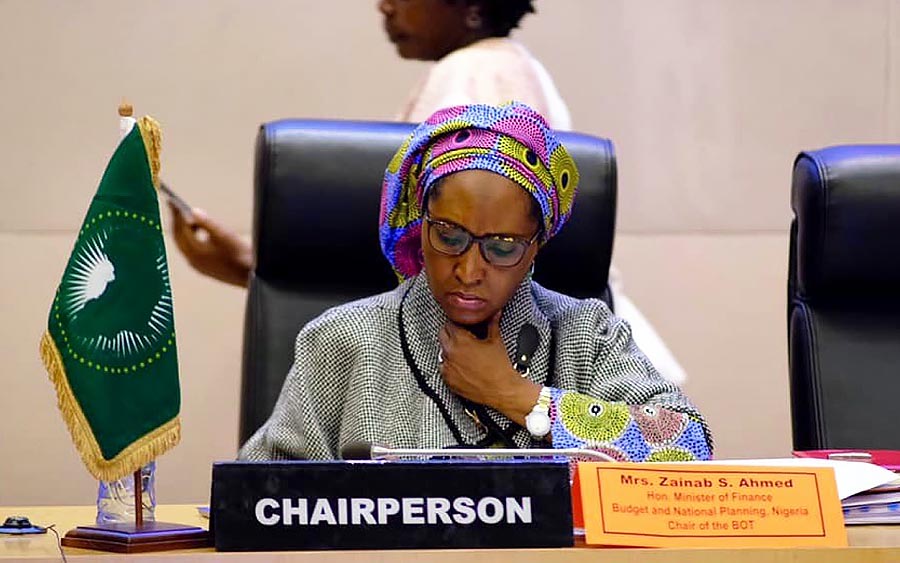There were news reports that the Ministers of Finance from African countries have requested for debt relief from bilateral, multilateral and commercial partners to cushion the negative impact of the coronavirus pandemic gradually gaining momentum in the continent. Some of the organisations they are seeking debt relief from include; International Monetary Fund (IMF), the World Bank Group, European Union (EU) and other key commercial partners.
The debt relief being requested is expected to grant African countries more fiscal space and flexibility in combating COVID-19. We note this was one of several decisions reached by the Economic Commission for Africa after its second virtual meeting.
For Nigeria in particular, this appears like positive news as it is coming at a time when the Debt Management Office (DMO) recently announced that the Nation’s debt stock was up 4.5% q/q to N27.4 trillion at the end of Q4 2019 from N26.2 trillion at the end of Q3 2019. Breakdown of the data revealed that domestic debt stood at N18.3 trillion (67.1% of total debt stock) while foreign debt stood at N9.1 trillion (32.9% of total debt stock). The Federal Government’s share of the total debt stock was N21.7 trillion comprising; N7.5 trillion external debt and N14.2 trillion domestic debt.
In recent times, Nigeria’s debt profile has gained widespread attention, owing to slower growth in governemnt revenue when compared to the increase in debt stock. This has resulted in a deterioration in debt servicing cost/revenue ratio, one of the key indicators to assess debt sustainability. The country’s debt service to revenue ratio remains precariously high at c.60%.
[READ MORE: Power: NERC applies “brakes” on hike in tariffs)
This is expected to deteriorate further, owing to the outbreak of COVID-19 which is expected to reduce non-oil revenue as economic activities slow down, but more importantly, the sharp downturn in oil prices is expected to undermine oil revenue. The rather gloomy picture on government revenues has made key credit rating agencies to downgrade the country’s external debt rating, making it more expensive for the government to raise finance via the issuance of Eurobonds.
In our opinion, the debt relief will come in handy for Nigeria and other African countries in this period of crisis. The global economy is currently experiencing a synchronised slowdown with expectations of a global recession. Oil-based economies in West Africa like Nigeria and Angola are prime victims of the slump in global crude prices.
On the other hand, tourism-based East African countries have seen a slump in tourist visits as several countries continue to impose bans on airspace movement. Thus, we think the debt relief could not have come at a better time than now.
That said, we do not believe a debt relief should stop the Federal government from articulating a workable plan to diversify the Nigerian economy away from oil. The heavy dependence on oil revenue means oil prices will remain an extraneous and unpredictable factor in the country’s revenue plan. Tourism, Agriculture and Mining are all sectors that hold tremendous opportunities.
_______________________________________________________________________
CSL STOCKBROKERS LIMITED CSL Stockbrokers,
Member of the Nigerian Stock Exchange,
First City Plaza, 44 Marina,
PO Box 9117,
Lagos State.













